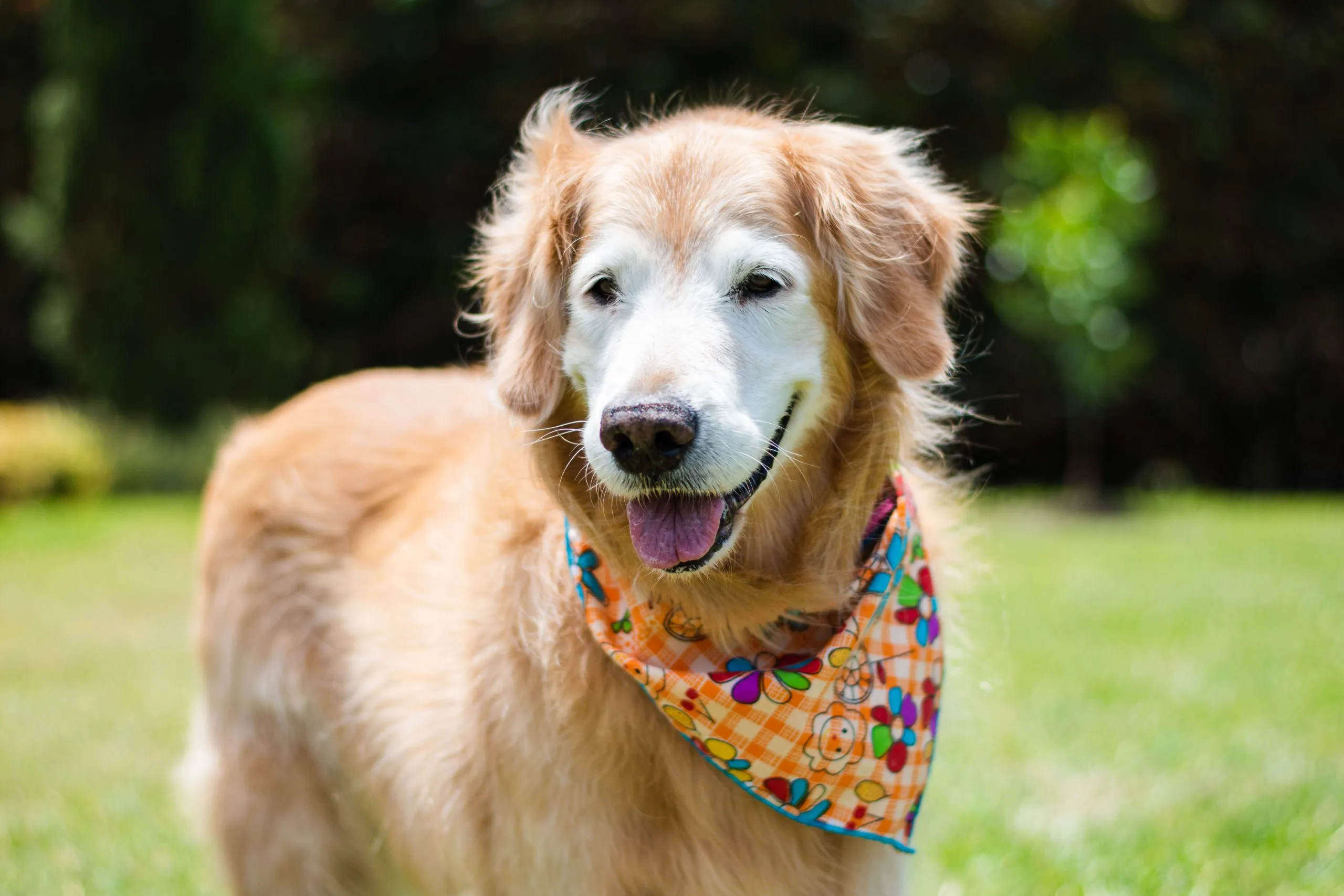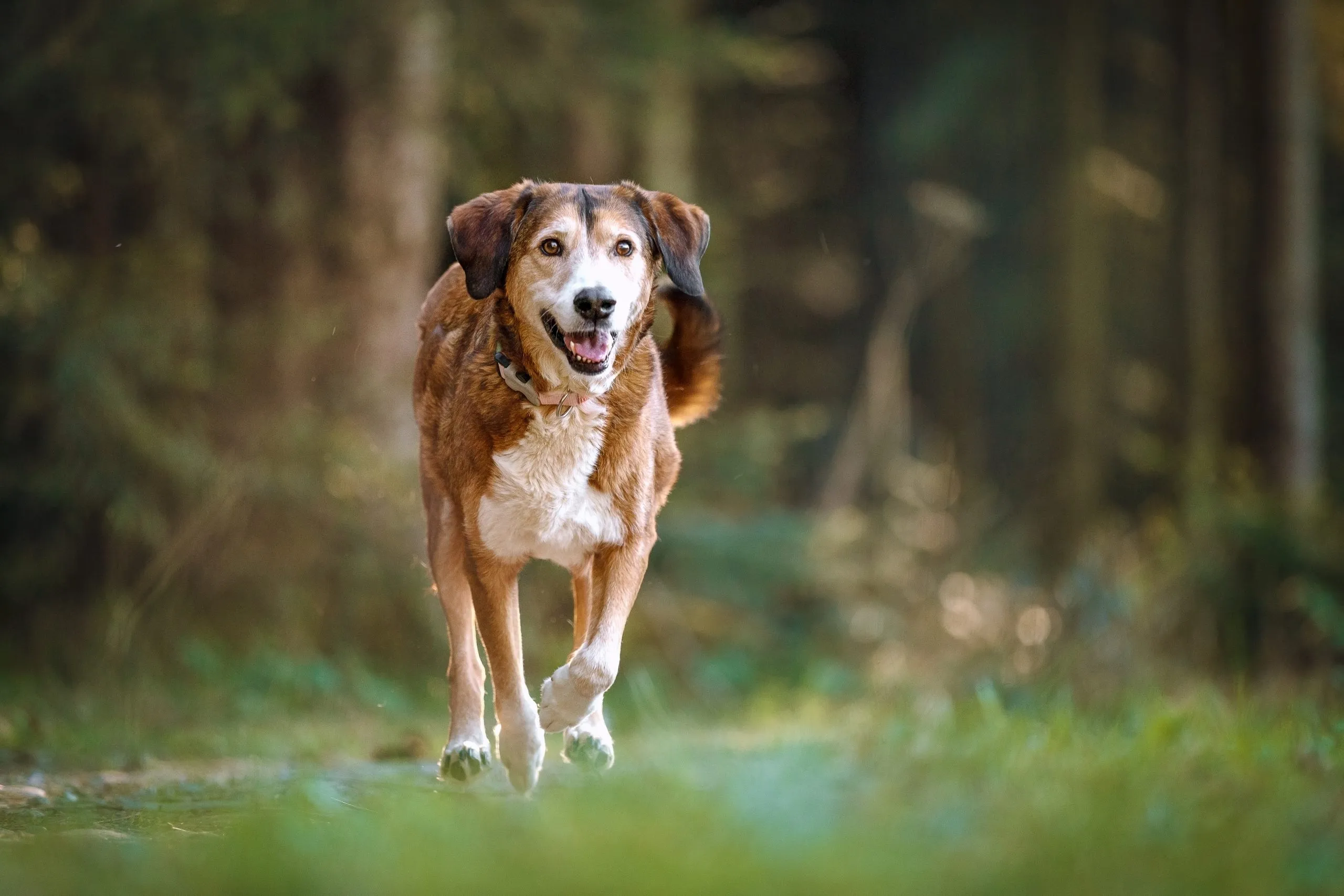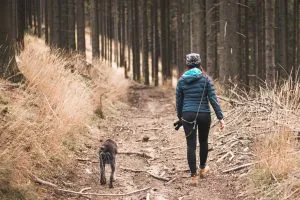Adopting a pet is a deeply rewarding experience, and while puppies and kittens often steal the spotlight, there’s a profound joy to be found in welcoming an older dog into your home. Many potential owners are drawn to the idea of a young companion, overlooking the incredible love and companionship that senior dogs offer. This guide is for anyone searching for “Older Dog Adoptions Near Me” and looking to understand the unique benefits and considerations of bringing a seasoned canine into their life.
Senior dogs, often characterized by their distinguished grey muzzles and calm demeanor, are frequently the last to be chosen at shelters. However, as many experienced dog lovers know, age is truly just a number when it comes to a dog’s capacity for love and companionship. Active senior dogs can be just as enthusiastic walking partners as their younger counterparts, and their established personalities often make them wonderfully adaptable companions. November is Adopt a Senior Pet Month, making it an ideal time to explore the possibility of giving a loving home to a deserving older dog.
The Undeniable Benefits of Adopting an Older Dog
One of the most significant advantages when considering “older dog adoptions near me” is that these dogs often come with a wealth of pre-existing training. Many senior dogs are already housebroken and are comfortable walking on a leash. As Jamie Garabedian, Assistant Director of Operations at Northeast Animal Shelter (NEAS), an affiliate of the MSPCA-Angell, explains, “Usually, if you’re adopting an older dog, the likelihood is that they’re more acclimated to already living in a home setting and can settle in a little bit quicker than a puppy.” This makes them an excellent choice for first-time dog owners or those who prefer a smoother transition into pet ownership.

Beyond practical training, providing a home to an older animal offers a unique sense of fulfillment. The transition from a familiar family environment to a shelter can be incredibly stressful for any dog. The act of rescuing a senior dog from a shelter and offering them a stable, loving home environment is an unparalleled feeling. The quiet gratitude and deep affection that senior dogs often bestow upon their new families are incredibly moving. Jamie notes, “Senior pets get overlooked so often. It’s a lot more fulfilling to provide an older animal that might not get adopted as quickly as relief from being in a shelter and get them back into a home.” They seem to genuinely appreciate the second chance at life you are offering.
Addressing Common Misconceptions About Senior Dogs
Despite their many charms, older dogs are often subject to popular myths that can deter potential adopters. A common misconception is that you might be inheriting someone else’s “problem pet.” This is rarely the case. While pets are rehomed for various reasons, with senior dogs, it’s frequently due to owners experiencing illness, job loss, or passing away – circumstances entirely unrelated to the dog’s behavior.
Here are some other common misconceptions about senior dogs:
- High Vet Bills: While health issues can arise at any age, the assumption that senior dogs inherently require more expensive veterinary care than younger dogs is often overstated. Regular check-ups and proactive care are essential for pets of all ages.
- Untrainable: As mentioned, most senior dogs are already fully trained and possess good manners. Their willingness to learn new things also remains, often with greater focus and understanding than younger dogs.
- Not Playful: While their energy levels may differ from puppies, many active senior dogs can still enjoy play sessions and can even keep up with younger pups. Their play style might be more about quality engagement rather than sheer quantity.

Perhaps one of the most heart-wrenching myths is the belief that you won’t have much time with a senior dog. While it’s true that their lifespan may be shorter than a puppy’s, life’s unpredictability means there are no guarantees for any pet. As Jamie wisely puts it, “It’s best to think of it this way: You’re helping to save a life – and because of you, that dog is going to have a loving family and, ultimately, a happy retirement.” Focusing on the quality of the time you share is far more important than the quantity.
Understanding the Challenges of Senior Dog Adoption
As with adopting any dog, there are certain challenges to consider when bringing a senior dog home. The transition from their previous environment to a shelter, and then to a new home, can be disorienting for some senior dogs, potentially leading to mild separation anxiety. Like all dogs, older dogs can also be more susceptible to age-related health issues. Jamie highlights the emotional aspect: “I honestly think the biggest challenge is knowing you’re not going to have as much time with them. There’s a mental preparation that you have to do when you’re adopting an older or senior pet: you need to realize – and accept – that you’re not going to get as much time with them as you would if you adopted a younger animal.” This preparation is crucial for a positive experience for both you and your new companion.
Preparing for Your Senior Dog’s Arrival
Regardless of age, adopting a dog requires careful consideration of your lifestyle. Are you an active individual who enjoys regular outdoor adventures, or do you prefer a more relaxed home environment? When searching for “older dog adoptions near me,” look for a dog whose personality and energy level align with yours. As Jamie advises, “You want to look at the personality of the pet you’re thinking about adopting and making sure that the fit is right for you and your home environment.” Shelter staff are excellent resources for matching you with the right dog.
Introducing a Senior Dog to Your Household
If you already have a resident dog, introducing them to a new senior dog requires a thoughtful approach. It’s always recommended to bring your existing dog to the shelter for an initial supervised introduction. If this goes well and the adoption proceeds smoothly, continue to introduce them gradually at home. Provide them with separate spaces and feeding areas initially to allow them to acclimate. Just as with human introductions, patience and time are key for building trust and a positive relationship between your pets.
Keeping Your Senior Dog Healthy and Happy
Your veterinarian is your most important partner in ensuring your senior dog lives a long and healthy life. Discuss potential maintenance plans and any age-related concerns, such as arthritis. Supplements can be beneficial, and regular screenings, including bloodwork, urinalysis, physical examinations, and dental checks, are crucial for proactive health management.

Exercise remains vital for senior dogs, even if their needs differ from puppies. Gentle walks are essential for them to expend energy, explore their surroundings, and engage their powerful sense of smell. For dogs, scent is a primary way of understanding the world, and sniffing during walks provides significant mental stimulation, even as their sight and hearing may decline.

Ready to Find Your Perfect Senior Companion?
The search for “older dog adoptions near me” can lead you to incredibly loving and deserving companions. By understanding the benefits, addressing misconceptions, and preparing thoughtfully, you can experience the profound joy of giving a senior dog a happy and fulfilling retirement.
Visit the MSPCA-Angell or Northeast Animal Shelter to explore available senior dogs and find your new best friend.
